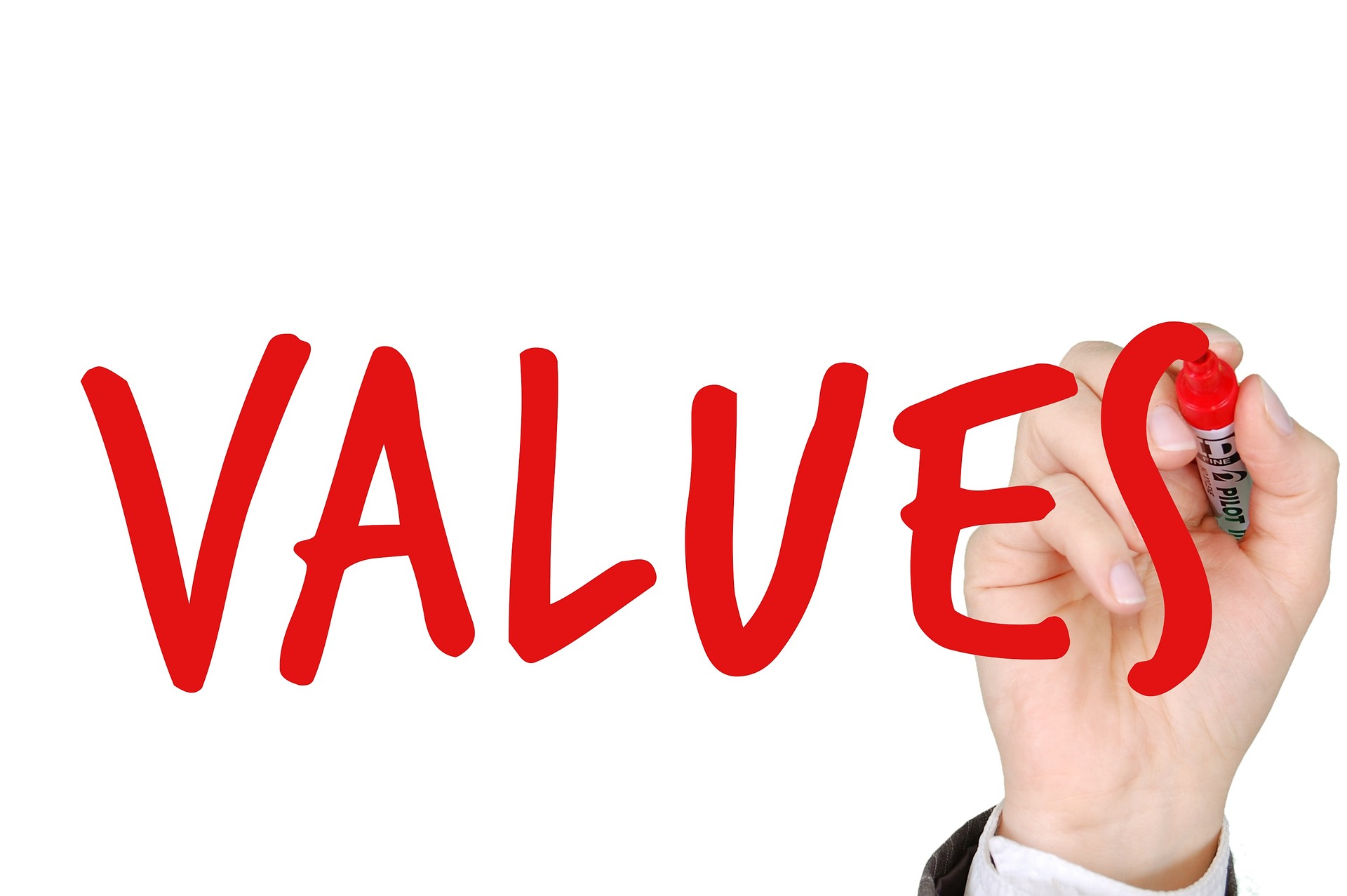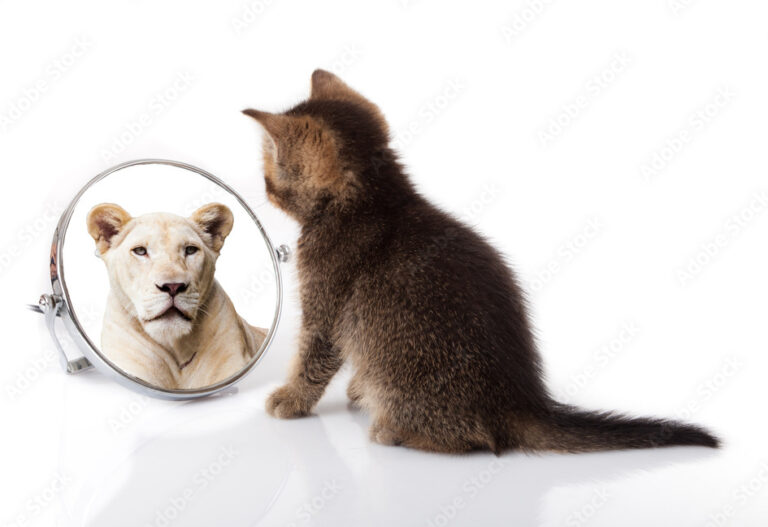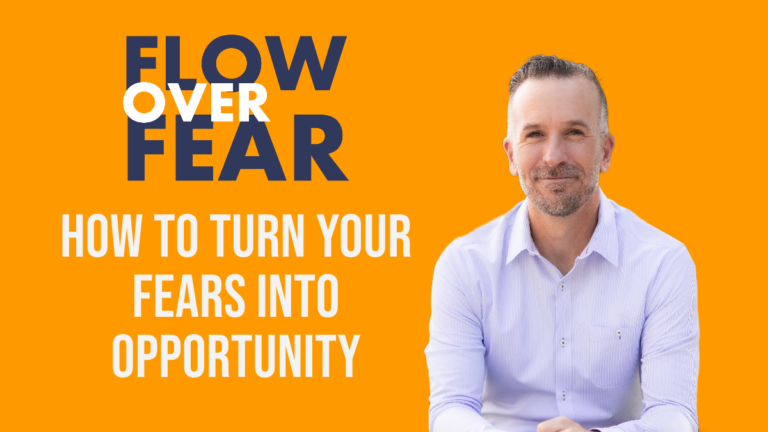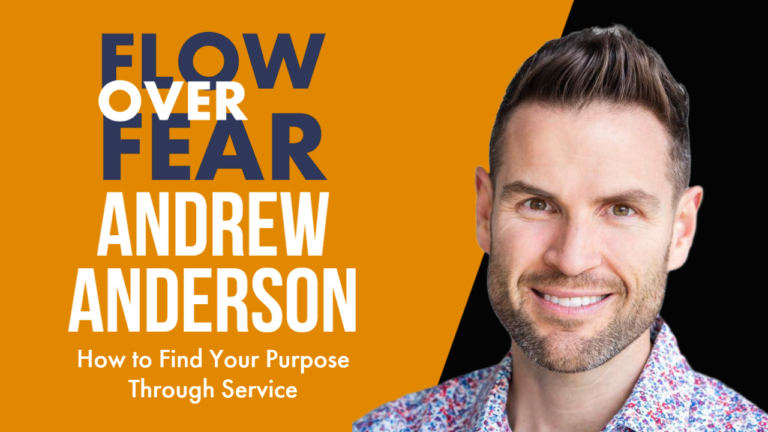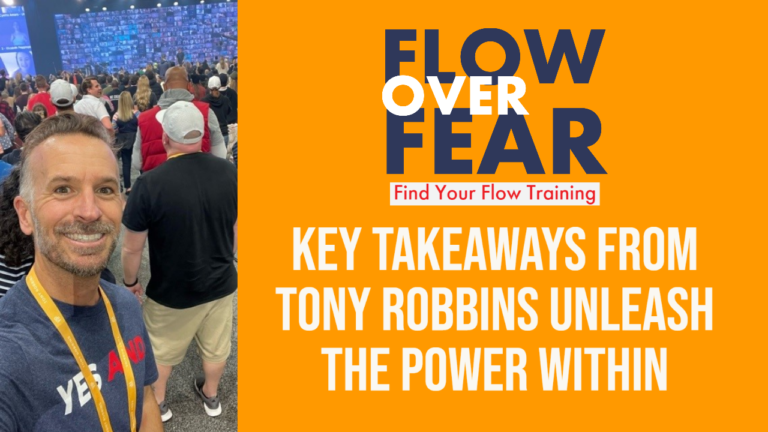How to Identify Your Core Values
There are many things that make human beings similar. Our similarities are what allow us to connect on a deep level.
One of those similarities that human beings share is that each one of us, whether we like it or not, have a set of core values.
What differentiates us, however, is exactly what those core values are.
If we aren’t paying attention to our core values, or we’re not clearly articulating them and defining what they mean to us, there’s a good chance that we are living out a set of values anyway. And those unintentional values rise to the surface, they may come out as toxic behaviors or habits that stem from living out a life that isn’t aligned with the values that come from our hearts.
The result of not living in alignment with our empowering, heart centered core values?
You guessed it. Fear.
But not just fear. Fear that leads to anxiety, depression, addiction, or worse.
The solution to solving for this misalignment of values is to clearly articulate what our values are. When we name them, we gain control of them. We take ownership and responsibility for them. We start to live intentionally from our heart.
Finding Your Toxic Values
We tend to want to think of values as always a good thing. What we often fail to realize however is that toxic values can surface as well, often more easily. Things like our vices, jealousy, envy, etc. Which ones are we living into? There are a few ways to spot them.
First, where are you saying “should” in your life? For example, you might say “I ‘should’ stop smoking”, or “I ‘should’ eat healthier”. There’s a good chance that if you find yourself saying “should” frequently enough, you’re harboring a value that isn’t serving you.
Another way to find a toxic value is to think about the negative emotions you tend to feel most often. What are these negative emotions? Are you afraid? Angry? Frustrated? Those may be circumstances where we’re leaning into the discomfort that we “know” rather than facing the discomfort that we don’t know. Once you discover the most powerful negative emotions you feel on a daily basis, you can start to root down into your toxic values.
One final resource that can help you unearth your toxic values, and ultimately your empowering values, is the Enneagram. This tool is rooted in history, but also serves as a powerful personality profile that exists around 9 archetypes. The beauty of the enneagram is that it not only helps you identify your favorite flavor of negative emotions, but also the positive alternative that can help you thrive.
Finding Your Empowering Values
How do you find your empowering values? Well sometimes (though not ALL the time), you may be able to find your empowering values by looking at the opposite of your toxic values. Using a personal example, I used to value drinking heavily as a tool to combat my anxiety issues. Obviously, that was not an empowering value. The opposite solution would be to value sobriety. Obviously there’s a lot more to it than just declaring sobriety as a new core value, but it is the simplest form of identifying a core value that will serve you. Sobriety became my core value after I recognized that alcohol was destroying my life, and the lives of those around me.
Another way to realize your empowering values is to look for ways in which you can turn your toxic value into an empowering value. Obviously, you can’t (nor should you) turn something like drinking heavily into a superpower. I tried that… it doesn’t end well.
However, drinking was an obsession. Obsession can be a good or bad value, depending on where and how it is used. I turned my obsession into obsessive focus, and it is what gave me the drive to become successful in relationships, business, and athletics.
Some traits we define as negative actually can serve you. Fear is one of those traits. Fear is a value that people tend to look at as a negative, and of course it can be when it’s debilitating. But fear legitimately tells us when we are facing danger in many cases, so thank goodness it exists so that we don’t all decide to jump the fence at a zoo simply because the lions are so darn cute and we want to pet them.
Fear can also be a signal that we are approaching our comfort zone, and thus an opportunity to grow. The goal is not to look at fear as a signal to run (except in instances where there is legitimate danger), but a signal to keep going. It’s a signal to embrace courage. So if fear is a toxic value for us, courage can become our new superpower.
Finally, if you can’t find a way to turn your toxic values into empowering values, you can identify what you truly value from your heart by bringing yourself into a calm, meditative state and visualizing a few experiences that you truly treasure in your life. Things that genuinely warm your heart. Bring yourself back to those experiences so that you are living them, smelling the smells, feeling the feels.
As you’re breathing deeply, what is it about these experiences that you truly value? Journal about these experiences in vivid detail and see if there are any keywords that stick out to you. Was there love? Was there humor? Was there growth? This is a great way to find the values that truly pull at your heart.
After you have your list of toxic and empowering values, you can compare the two and see how they play together. Where are you experiencing conflict in your life, and how do these values play a role? Are you leaning heavily into a toxic value as a defense mechanism, and doing things that are against your empowering values? What has to change NOW in order for you to live out your core values in a more empowering way?
Obviously this is deep work, and really doing the work to get clear on your core values takes deep work, more than can be done with a 15 minute video. But, as a starting point, becoming aware of your values can bring you closer to your true purpose and joy. It can also lead to the courage to take the right actions in your life that lead you down a path of joy and fulfillment, and a life beyond fear.

